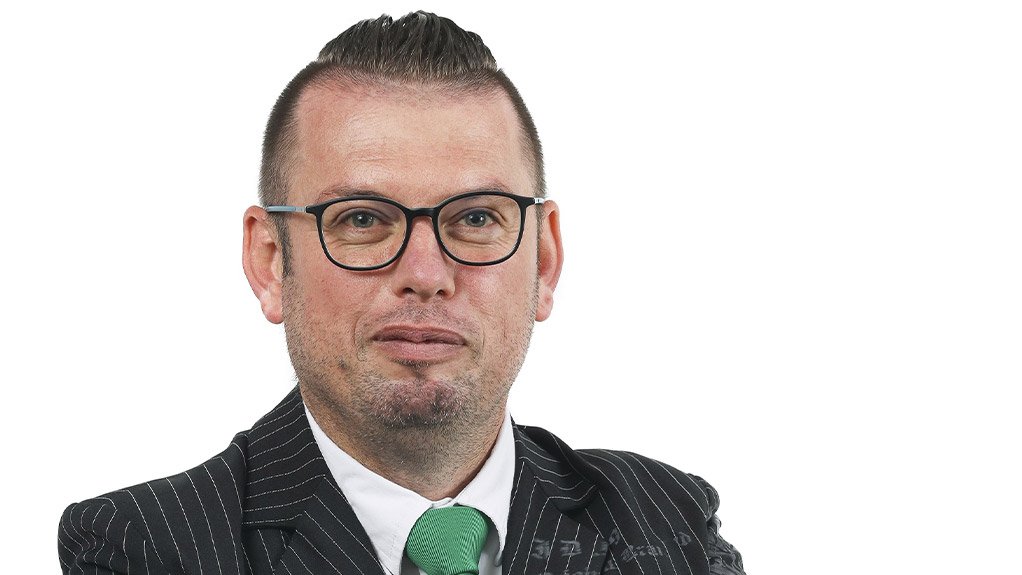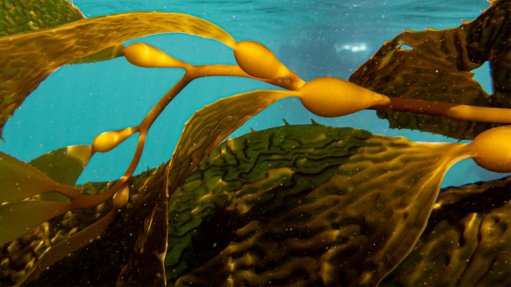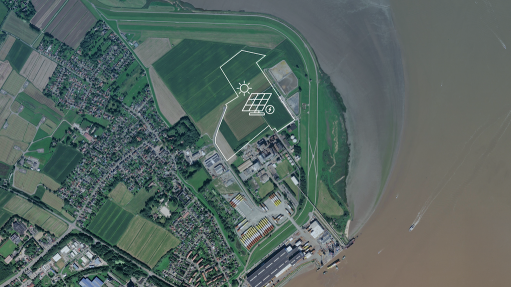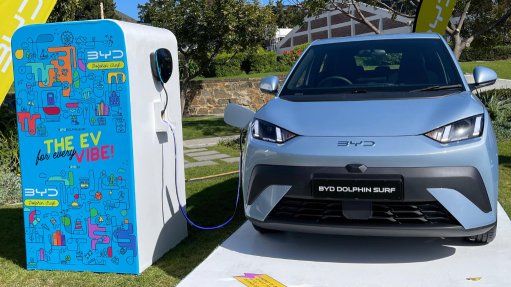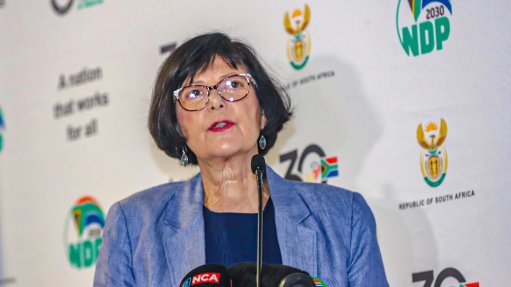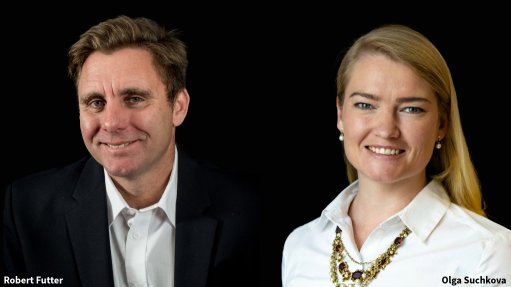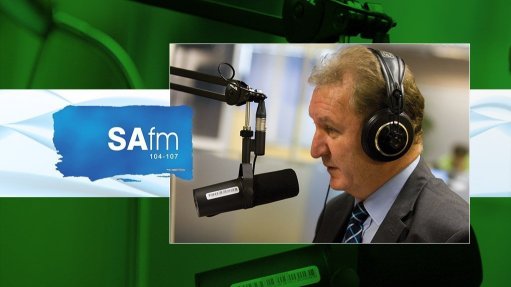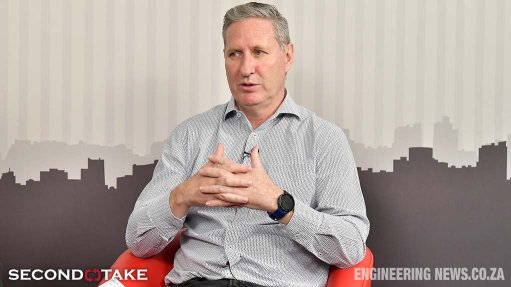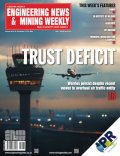How engineering advancement is changing the way we manage water
This article has been supplied.
By Johan Potgieter, Cluster Industrial Software Lead at Schneider Electric
While ancient Rome could rely on gravity alone for its daily water supply, today, continuous engineering advancements play an irrefutable role in the establishment of modernised, clean, and efficient water provision.
American engineer and educator, Jame Kip Finch, quite rightly said: “The engineer has been, and is, a maker of history.” No doubt, engineering advancement will continue to influence the water and wastewater (WWW) segment, developing systems that mitigate water losses whilst establishing sustainable supply for the future.
At the forefront of this engineering advancement is digitisation. Water utilities worldwide are digitising operations by combining telemetry, industrial internet of things (IIoT) technologies, and cloud-based analytics. As a result, system managers can now monitor real-time operations to more quickly identify where water losses occur and determine how to address it.
These water-conservation monitoring efforts can positively impact both the environment and utilities’ bottom lines. Italian utility, Padania Acque partnered with Schneider Electric to digitise its operations and prevent water losses. Today, the utility’s water losses are less than 50% the national average and it its revenue is up by 22%.
Padania Acque manages water services for 115 municipalities in Northern Italy’s province of Cremona. Like many water utilities throughout Italy and Europe, Padania Acque embarked on a programme to increase efficiency and rehabilitate older infrastructures.
Over a three-year period, Padania Acque was able to:
- Reduce energy consumption by at least five %.
- Cut water losses to 24% (vs. Italy’s 42% average).
- Improve system continuity by reducing downtime.
- Raise earnings by 22%.
- Gain top marks from Italy’s national energy and water services regulatory authority.
There’s no doubt that utilities across the world, including those in South Africa, will be encouraged by the Padania Acque success story. Today, there are various solutions available to enable WWW providers to maximise their operations:
- Water management software which provides end-to-end water cycle intelligence and predictive analytics for:
Optimised water quality.
Reduced non-revenue water (NRW).
Enhanced real-time analysis of water resources protection.
Minimised water discharge.
- Big data platforms which manage the water-loss cycle, allowing water utilities to detect leaks and reduce overall costs.
- Hydraulic modelling tools that simulate the flow and pressure in water distribution and transmission networks, using real-time data derived from SCADA (supervisory control and data acquisition) systems to analyse and track the current state of the water network. These decision-making tools help with instant and identified operational benefits and bottom-line advantages.
- Geo SCADA solutions which manage critical remote operations infrastructure. Alarms and historical data are collected over long distances, with access for local and remote users via integrated client applications and external data management applications.
- Smart remote terminal units (RTUs) that are designed for process automation, device management, data concentration, and data logging in geographically dispersed, remote environments. These RTUs perform potable water analytics at the edge to help optimise chemical injections, identify predictive maintenance opportunities, and perform zone pressure management.
Comments
Press Office
Announcements
What's On
Subscribe to improve your user experience...
Option 1 (equivalent of R125 a month):
Receive a weekly copy of Creamer Media's Engineering News & Mining Weekly magazine
(print copy for those in South Africa and e-magazine for those outside of South Africa)
Receive daily email newsletters
Access to full search results
Access archive of magazine back copies
Access to Projects in Progress
Access to ONE Research Report of your choice in PDF format
Option 2 (equivalent of R375 a month):
All benefits from Option 1
PLUS
Access to Creamer Media's Research Channel Africa for ALL Research Reports, in PDF format, on various industrial and mining sectors
including Electricity; Water; Energy Transition; Hydrogen; Roads, Rail and Ports; Coal; Gold; Platinum; Battery Metals; etc.
Already a subscriber?
Forgotten your password?
Receive weekly copy of Creamer Media's Engineering News & Mining Weekly magazine (print copy for those in South Africa and e-magazine for those outside of South Africa)
➕
Recieve daily email newsletters
➕
Access to full search results
➕
Access archive of magazine back copies
➕
Access to Projects in Progress
➕
Access to ONE Research Report of your choice in PDF format
RESEARCH CHANNEL AFRICA
R4500 (equivalent of R375 a month)
SUBSCRIBEAll benefits from Option 1
➕
Access to Creamer Media's Research Channel Africa for ALL Research Reports on various industrial and mining sectors, in PDF format, including on:
Electricity
➕
Water
➕
Energy Transition
➕
Hydrogen
➕
Roads, Rail and Ports
➕
Coal
➕
Gold
➕
Platinum
➕
Battery Metals
➕
etc.
Receive all benefits from Option 1 or Option 2 delivered to numerous people at your company
➕
Multiple User names and Passwords for simultaneous log-ins
➕
Intranet integration access to all in your organisation



